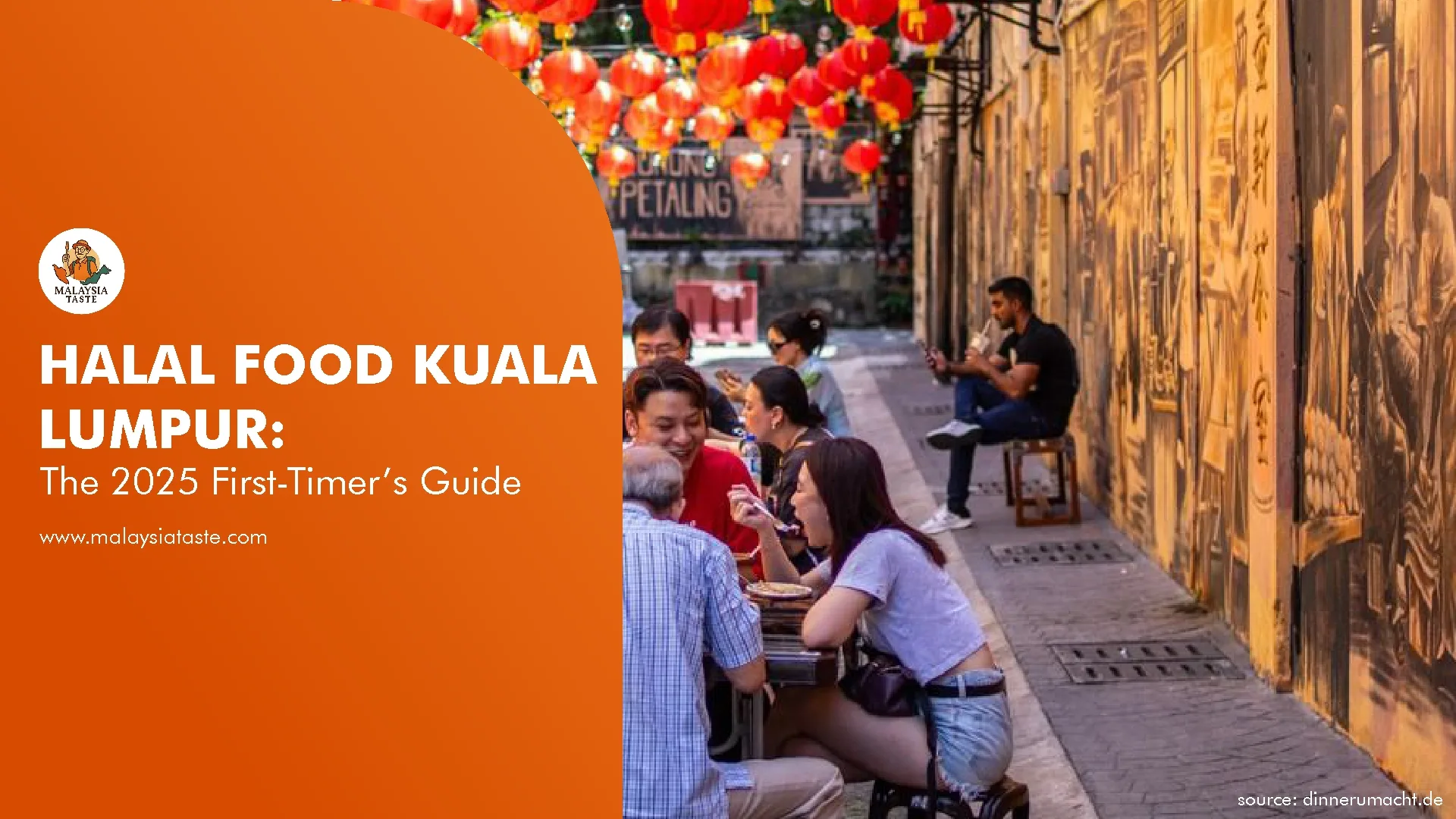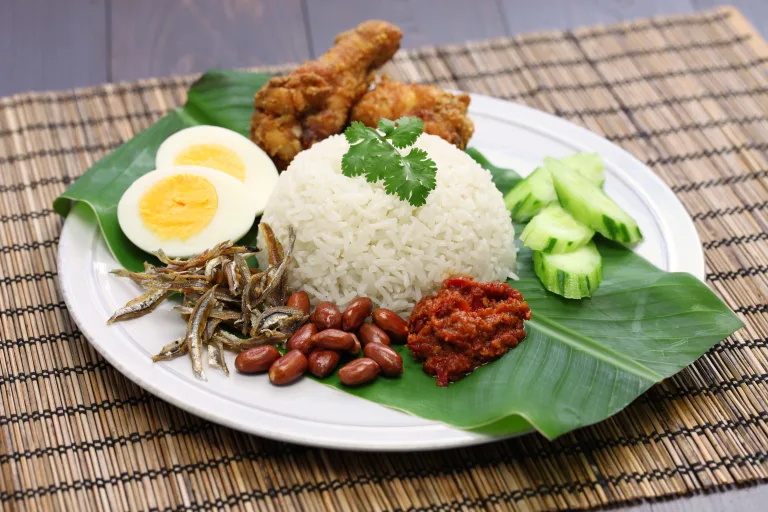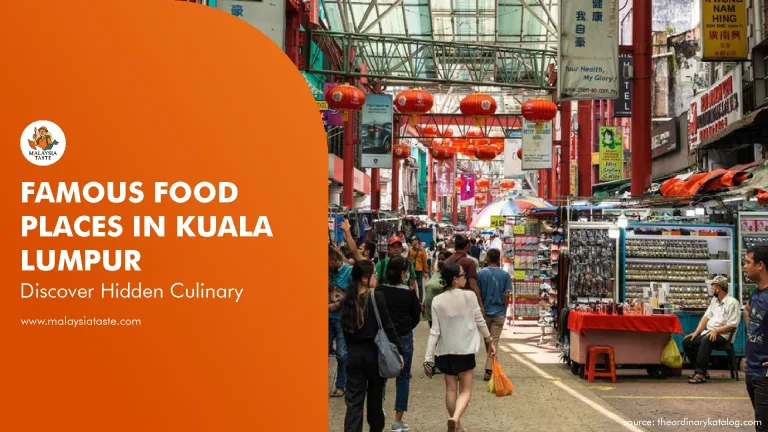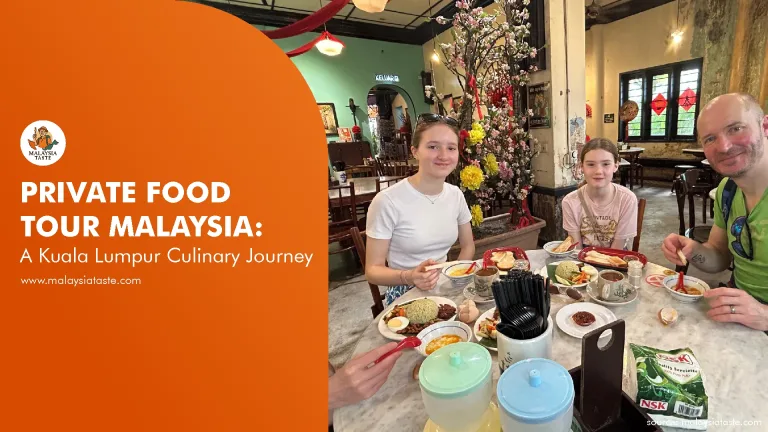Malaysia ranks #1 in the 2025 Mastercard–Crescent Rating Global Muslim Travel Index (GMTI) thanks to abundant halal options and faith-based infrastructure. The country’s Islamic Tourism Centre also notes that most hotels, major malls, tourist spots, airports and highway R&Rs provide prayer facilities (surau)—so you can plan meals and prayers together
How to verify “halal” before you order (works anywhere in KL)
- Look for the official Halal Malaysia logo (issued by JAKIM / state Islamic authorities). To confirm status, use the Halal Malaysia Directory.
- Scan with the Verify Halal app (endorsed by JAKIM) for restaurants/products; it also supports location tagging.
- Know the baseline: MS 1500:2019 (Halal Food – General Requirements) underpins Malaysian halal assurance.
Tip: Imported logos? JAKIM publishes the Recognised Foreign Halal Certification Bodies list—use it when you see non-Malaysian certificates.
Where to eat halal in Kuala Lumpur (by area)
1) Kampung Baru (classic Malay street food)
A historic Malay enclave a short walk/LRT from KLCC—nasi lemak, satay, grilled seafood, kuih line streets like Jalan Raja Muda Musa from late afternoon till late. Verify each stall’s status if needed.
2) Jalan Masjid India / Masjid Jamek area (Indian-Muslim & bazaar vibes)
This pedestrian zone is known for mamak fare, snacks, nasi campur and a lively night market; it’s easy to reach by LRT (Masjid Jamek). Again, check individual outlets via JAKIM/Verify Halal.
3) KLCC & major malls (clustered halal options + prayer rooms)
Large malls (e.g., Suria KLCC) host many eateries (food courts + restaurants) and typically provide surau—perfect for family groups. Use the mall’s dining directory to shortlist, then confirm halal status via the JAKIM directory or app.
Chinese-Muslim restaurants (great for groups)
KL has an expanding scene of Chinese-Muslim eateries (think: Cantonese, Northwestern/“Lanzhou” styles). Brands such as Mohd Chan publicly position themselves as halal; as always, check current certification for a specific outlet via JAKIM/Verify Halal.
Our Recommendation
- Nasi lemak (coconut rice, sambal, chicken/fish) – national staple.
- Satay (grilled skewers with peanut sauce) – ubiquitous in Kampung Baru.
- Banana leaf rice & mamak classics (roti canai, teh tarik) – common around Masjid Jamek/Jalan Masjid India; confirm shop halal status.
- Chinese-Muslim picks – wantan mee, kung pao chicken, dim sum at certified outlets. (Verify outlet status.)
Prayers & planning around meals
- Prayer facilities: Expect surau in malls, airports, and many attractions across Malaysia.
- Why this matters for diners: You can time lunch/dinner near prayer breaks in places like KLCC, Pavilion, or neighborhood malls—eat, pray, shop in one stop.
1-Day halal food crawl (walkable, LRT-friendly)
- Breakfast (Kampung Baru): Nasi lemak + kuih. (LRT Kampung Baru.)
- Late morning: River of Life / Masjid Jamek photo stop; prep for Dhuhr.
- Lunch (Jalan Masjid India): Indian-Muslim set or nasi campur; shop the bazaar. Verify any outlet you pick.
- Asr + coffee: Head to Suria KLCC; many cafés/restaurants; surau on site. Shortlist via the mall directory, confirm halal in JAKIM/Verify Halal.
- Dinner: Chinese-Muslim restaurant (e.g., Mohd Chan or similar) near your hotel; check the exact branch’s certification first.
Safety & certification hygiene
- Always verify the specific outlet/branch (certs are issued per premise and can lapse). Use JAKIM’s directory or Verify Halal on the spot.
- Prefer busy, clean stalls, and eat food freshly cooked and hot—standard street-food hygiene best practice.
Want it private and family-friendly? Tell us here, we’ll tailor a halal route with easy prayer stops.
Malaysia Taste is proudly operated by ZFB Travel Sdn Bhd (1565697-H) and fully licensed under MOTAC (KPL/LN 12070).




Leave a Comment